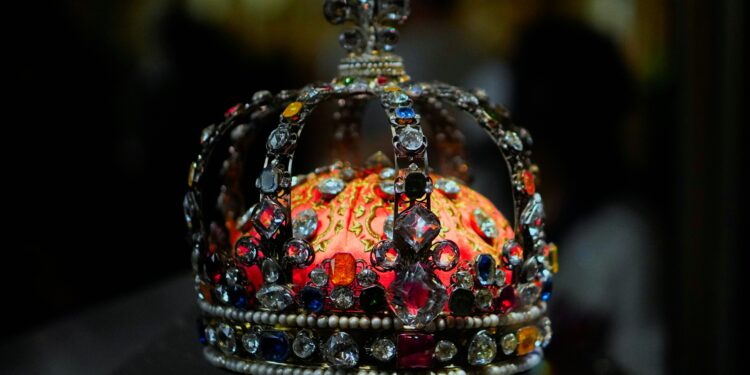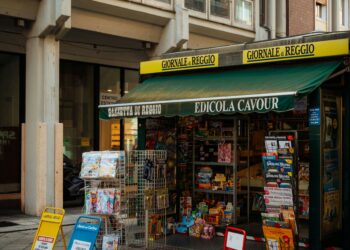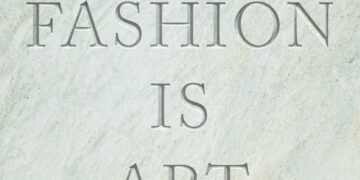In an admission of its own vulnerability, the Louvre Museum has secretly transferred its most precious remaining jewels to the high-security vaults of the Bank of France, a dramatic retreat in the wake of last week’s audacious multi-million dollar heist.
According to a report from French radio RTL, the evacuation of treasures from the Apollo Gallery was conducted under armed police escort on Friday, moving the French crown jewels from the world’s most famous museum to a fortress-like bunker just 500 meters away. The move signals a complete loss of confidence in the Louvre’s ability to protect its own collection.
The transfer to the Bank of France is deeply symbolic. The museum, a palace meant for public display, has been forced to rely on a financial institution whose primary function is impenetrable security, housing France’s gold reserves 27 meters below ground.

This is a direct consequence of the October 19th robbery where thieves used a crane to smash a window in broad daylight and escape with eight pieces worth an estimated $102 million.
That heist, which prompted national soul-searching and was branded a “humiliation,” exposed the Louvre’s security as tragically inadequate. Now, the museum’s response—literally moving its crown jewels to a bank—confirms that the institution itself no longer believes it can guarantee their safety.
Why It Matters
The image of France’s crown jewels being secretly escorted out of the Louvre is more damaging than the heist itself. The theft was an external attack, but this transfer is an internal surrender. It reveals an institution in crisis, scrambling to find security for its treasures elsewhere because it can no longer provide it within its own walls.
The message to the world is clear: the Louvre, as it stands, is a vulnerable palace, not a fortress. Until it undergoes a radical and fundamental security overhaul, its most priceless artifacts are safer in the hands of bankers than in the care of the museum curators. The heist stole the jewels’ physical presence, but this evacuation risks stealing their soul—their public accessibility

















